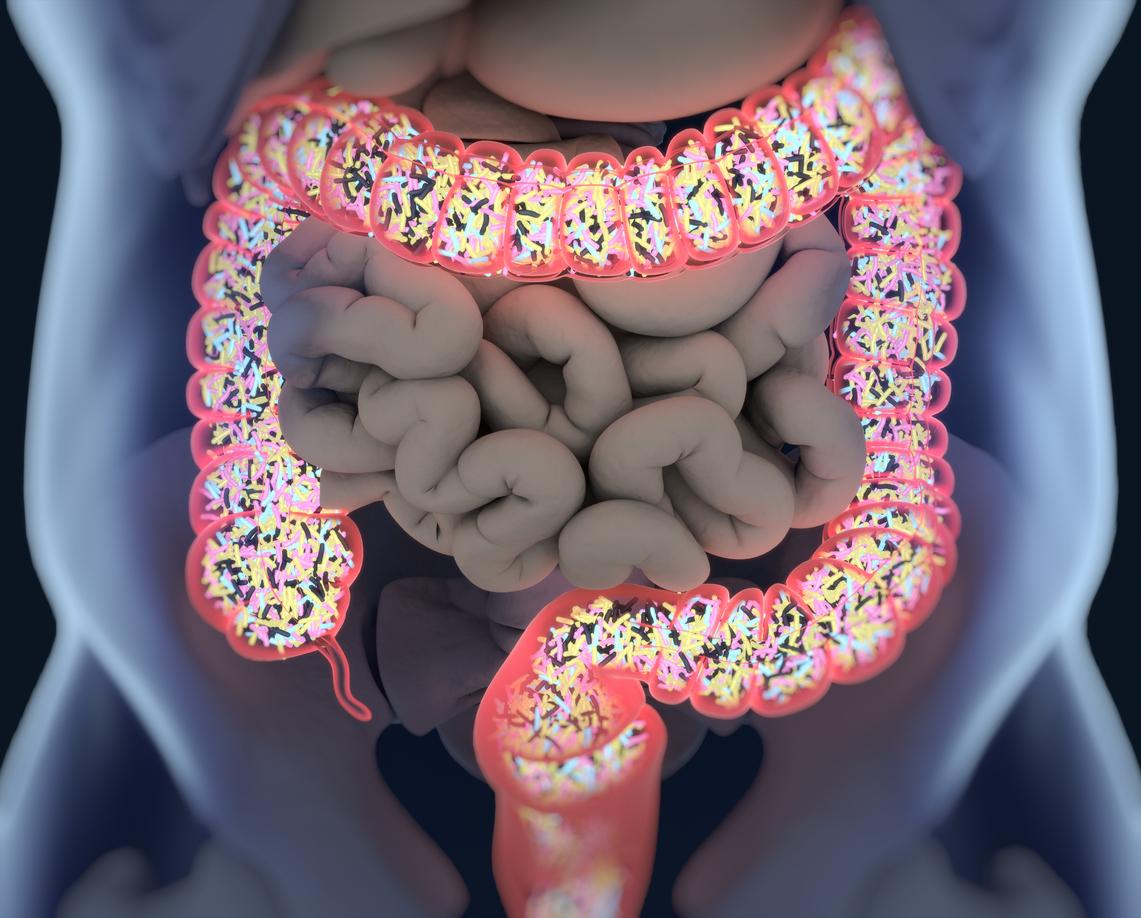A recent study conducted within the framework of ABIS (All Babies in Southeast Sweden) reveals a significant link between disturbances in the intestinal flora and the development of autism and ADHD in children.

- Disruption of intestinal flora is linked to autism and ADHD.
- Specific biomarkers have been identified in the intestinal microbiome of children.
- These findings could lead to new therapeutic interventions to restore a balanced microbiome.
Autism spectrum disorders (ASD) and attention deficit hyperactivity disorder (ADHD) affect millions of children worldwide, but their exact causes remain unclear. recent discoveries from the ABIS study, which follows an impressive cohort of more than 16,000 children, bring a new dimension to our understanding of these disorders: the importance of intestinal flora.
This research, which followed more than 16,000 children born between October 1997 and October 1999 in southeastern Sweden, could revolutionize our approach to these neurodevelopmental disorders.
Gut microbiomes at the heart of research
The gut flora, composed of trillions of microorganisms, plays a crucial role in many biological processes, including neurodevelopment. In the ABIS study, researchers analyzed children’s stool samples to identify specific biomarkers related to the diversity and composition of their gut microbiome. The results show a correlation between certain alterations in this flora and the onset of ASD and ADHD.
Among the identified biomarkers, several bacterial species, such as Bacteroides and Firmicutes, have significantly different levels in children diagnosed with neurodevelopmental disorders compared to neurotypical children. These differences could indicate that the disturbance of the microbial balance plays a role in the etiology of these disorders.
Clinical and therapeutic implications
These findings open new avenues for the diagnosis and treatment of ASD and ADHD. Indeed, if microbial imbalances can be linked to these disorders, it becomes possible to develop targeted interventions to restore a healthy microbiome. Probiotics, prebiotics, and even dietary modifications could constitute promising therapeutic strategies.
Dr. Sofia Lundberg, co-author of the study, emphasizes the importance of these results: “Our research suggests that early interventions aimed at balancing gut flora could prevent or alleviate symptoms of autism and ADHD. This is a major advance that deserves further exploration.”

The importance of longitudinal study
The ABIS study is particularly valuable because of its longitudinal nature. By following children from birth to adulthood, researchers can observe how changes in the microbiome over time are linked to the onset and progression of neurodevelopmental disorders. This approach also helps identify critical windows where interventions might be particularly effective.
Additionally, this study benefits from a large database that includes information on participants’ health, diet, and environment, providing a rich context for interpreting the results.
Future prospects
The ABIS study results open the door to many research questions. For example, it will be crucial to determine whether changes in the microbiome are a cause or a consequence of neurodevelopmental disorders. In addition, additional studies are needed to explore how factors such as diet, antibiotic use, and environmental exposure can influence the gut flora and, therefore, neurodevelopment.
Future research will also need to examine the genetic diversity of the populations studied to understand whether certain groups are more likely to develop these microbial imbalances and associated disorders.
The ABIS study offers a new and promising perspective on the possible causes of ASD and ADHD. By identifying disturbances in the intestinal flora as a potentially crucial factor, it opens the way to new prevention and treatment strategies.















